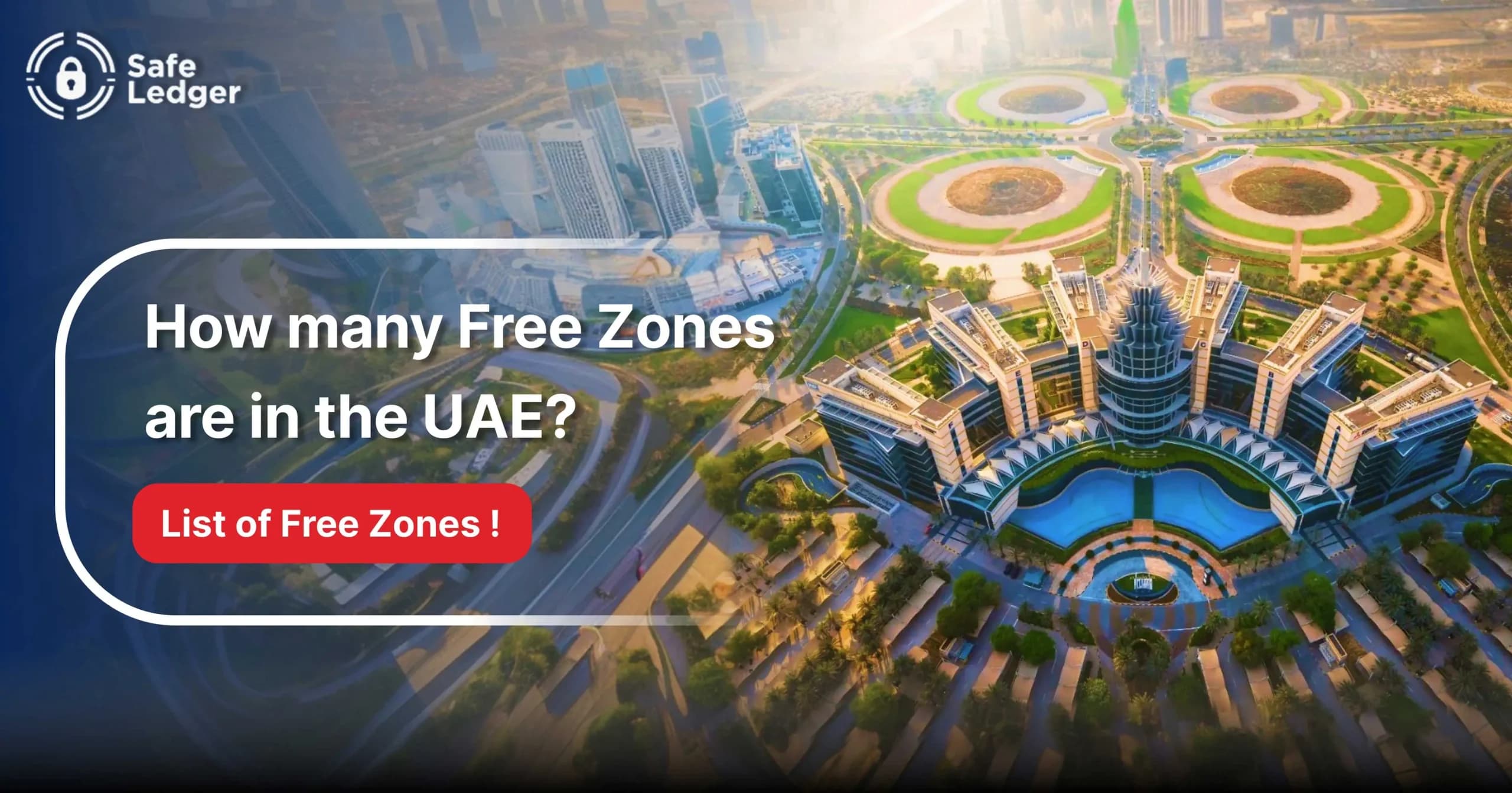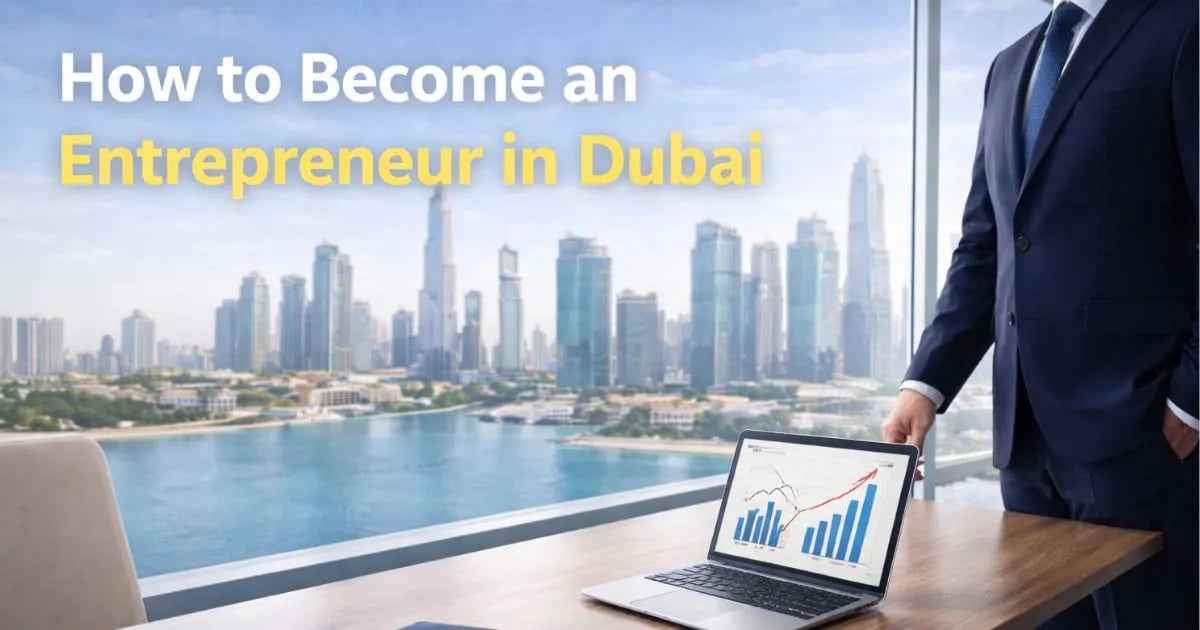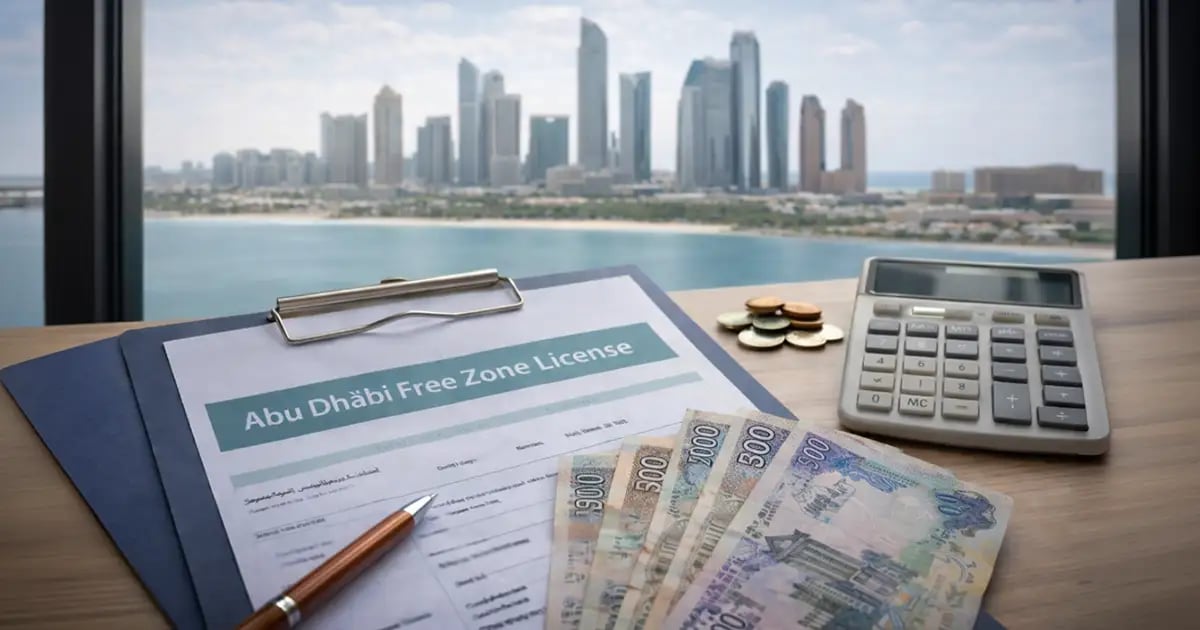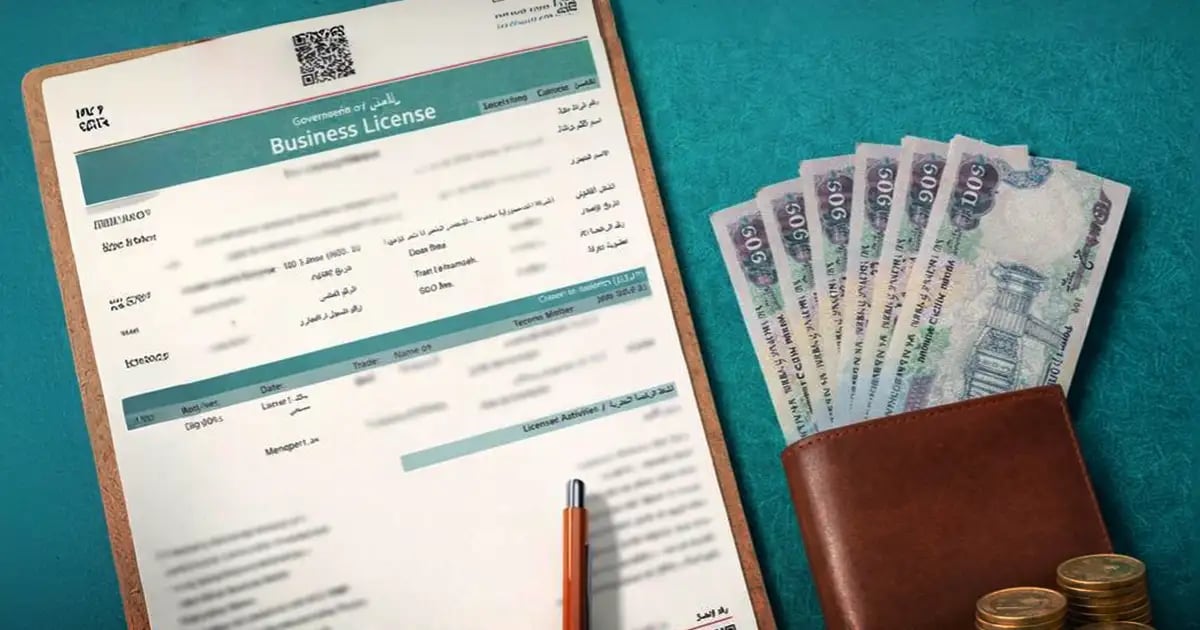What is a Free Zone in the UAE?
A free zone in the UAE is a designated geographical area with its own set of rules and regulations, separate from the mainland. These zones are designed to attract foreign investment by offering incentives like 100% ownership and tax exemptions. To understand how they work in Dubai specifically, check out our guide on what is a free zone company in Dubai.
Types of Free Zones in the UAE
The UAE hosts a diverse list of free zones in the UAE, each catering to specific business sectors.
- Commercial & Trading Zones: For import, export, and trading businesses (e.g., Jebel Ali Free Zone).
- Industrial & Manufacturing Zones: For production, warehouses, and logistics (e.g., Khalifa Industrial Zone Abu Dhabi, Sharjah Airport International Free Zone).
- Media & Creative Zones: For media, advertising, and content companies (e.g., Dubai Media City, twofour54 Abu Dhabi).
- Technology & Innovation Zones: For IT firms and startups focused on tech growth (e.g., Dubai Internet City).
- Financial & Professional Services Zones: Financial hubs with independent regulations (e.g., Dubai International Financial Centre, Abu Dhabi Global Market).
- Education & Healthcare Zones: For schools, training institutes, and healthcare providers (e.g., Dubai Knowledge Park, Dubai Healthcare City).
If you’re exploring budget-friendly options, you can find the cheapest free zones in the UAE that provide excellent infrastructure and incentives for startups and SMEs.





